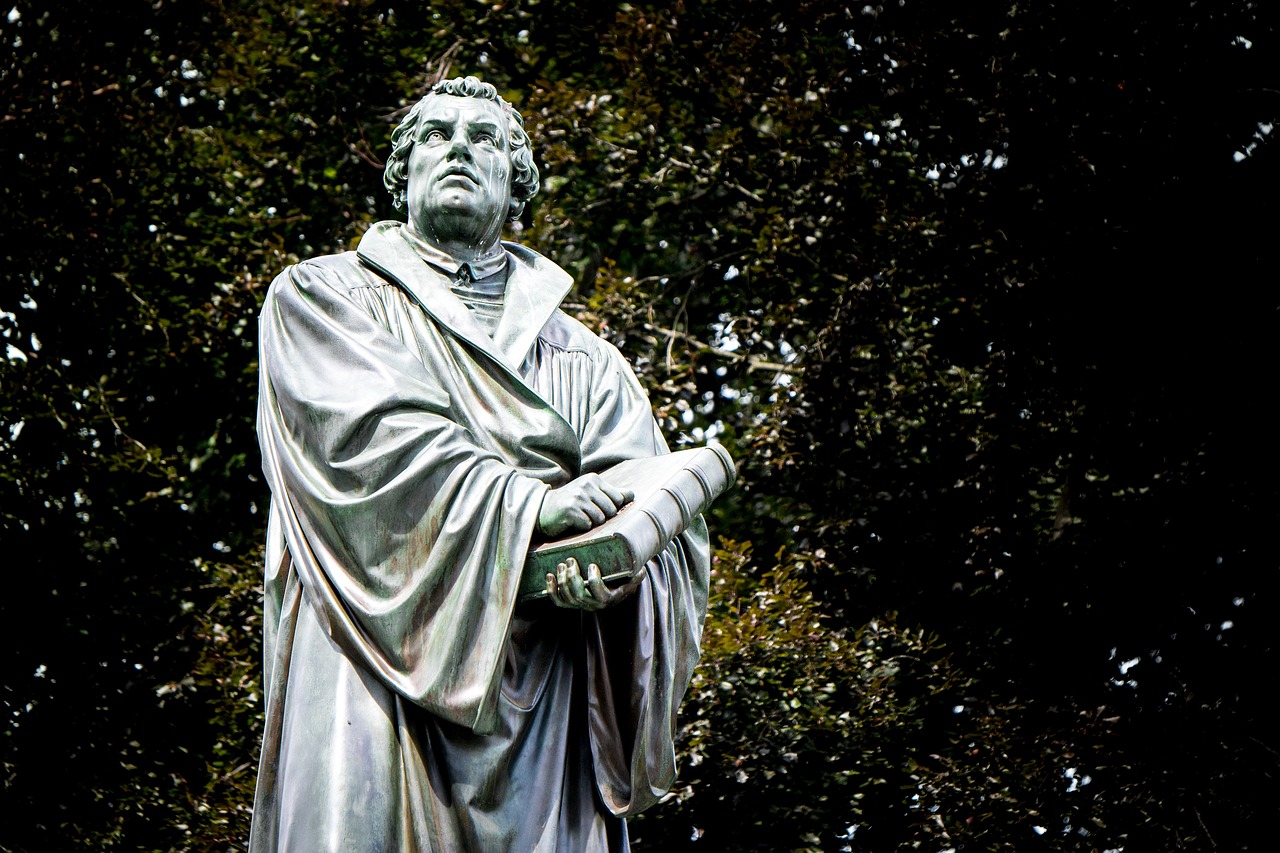Deuteronomy 26:4-11
Acts 2:43-47
Psalm 109:21-31
Matthew 13:33-35
Introduction:
- The phrase Ecclesia reformata, semper reformanda—“The Church reformed, always reforming”—captures the Church’s ongoing need to align with God’s Word.
- The Church is dynamic, always seeking to grow and be transformed by the Holy Spirit.
- Today’s focus: Deuteronomy 26:4-11, Acts 2:43-47, and Matthew 13:33-35, alongside Church Fathers and Reformation theology, to understand the Church as reformed and reforming.
- Thanksgiving for Past Reformation (Deut. 26:4-11):
- Remembrance: In Deuteronomy 26, the Israelites offer firstfruits in gratitude for God’s deliverance. This serves as a model for the Church’s reflection on past reformations.
- Augustine emphasized salvation by grace, influencing Reformation theology.
- The Reformation: Reformers like Martin Luther and John Calvin brought the Church back to its biblical roots, emphasizing sola scriptura (Scripture alone) and sola gratia (grace alone).
- The Church must give thanks for God’s work through the Reformation, while recognizing that reformation is ongoing.
2. Devotion to Present Transformation (Acts 2:43-47):
- Devotion: Acts 2 depicts the early Church’s dedication to the apostles’ teaching, fellowship, breaking of bread, and prayer.
- John Chrysostom saw the Church as a living body, requiring constant renewal through teaching and prayer.
- Reformers’ Call to Return: Luther and Calvin emphasized returning to foundational practices like Scripture, prayer, and community life.
- Are we as devoted to the gospel and each other as the early Church? The Spirit-led practices of the early Church should guide our present transformation.
3. Hope for Future Reforming (Matthew 13:33-35):
- Growth: Jesus’ parable of the yeast illustrates gradual, transformative growth, symbolizing the ongoing reformation of the Church.
- Irenaeus saw the Church’s growth as a gradual, lifelong process, comparing it to the maturation of a child.
- Reformation’s Ongoing Influence: The yeast of God’s Word continues to reform the Church, with movements like Puritanism, Methodism, and modern-day reforms extending the Reformation’s legacy.
- Reformation is often slow but powerful. We must trust in God’s continued work, even when change is not immediately visible.
Conclusion:
- The Church is both reformed and reforming, through the power of God’s Word and Spirit.
- We give thanks for past reforms, commit to present transformation, and place hope in future growth.
- Let us continue reforming, striving to reflect Christ’s grace and truth in all we do.

